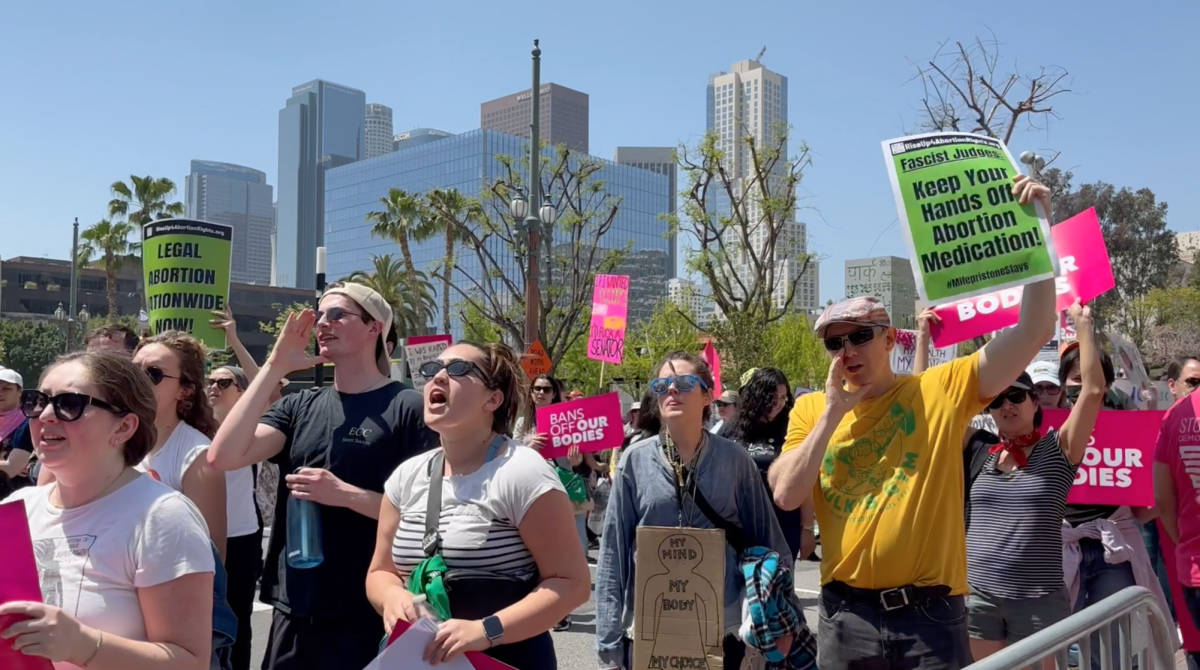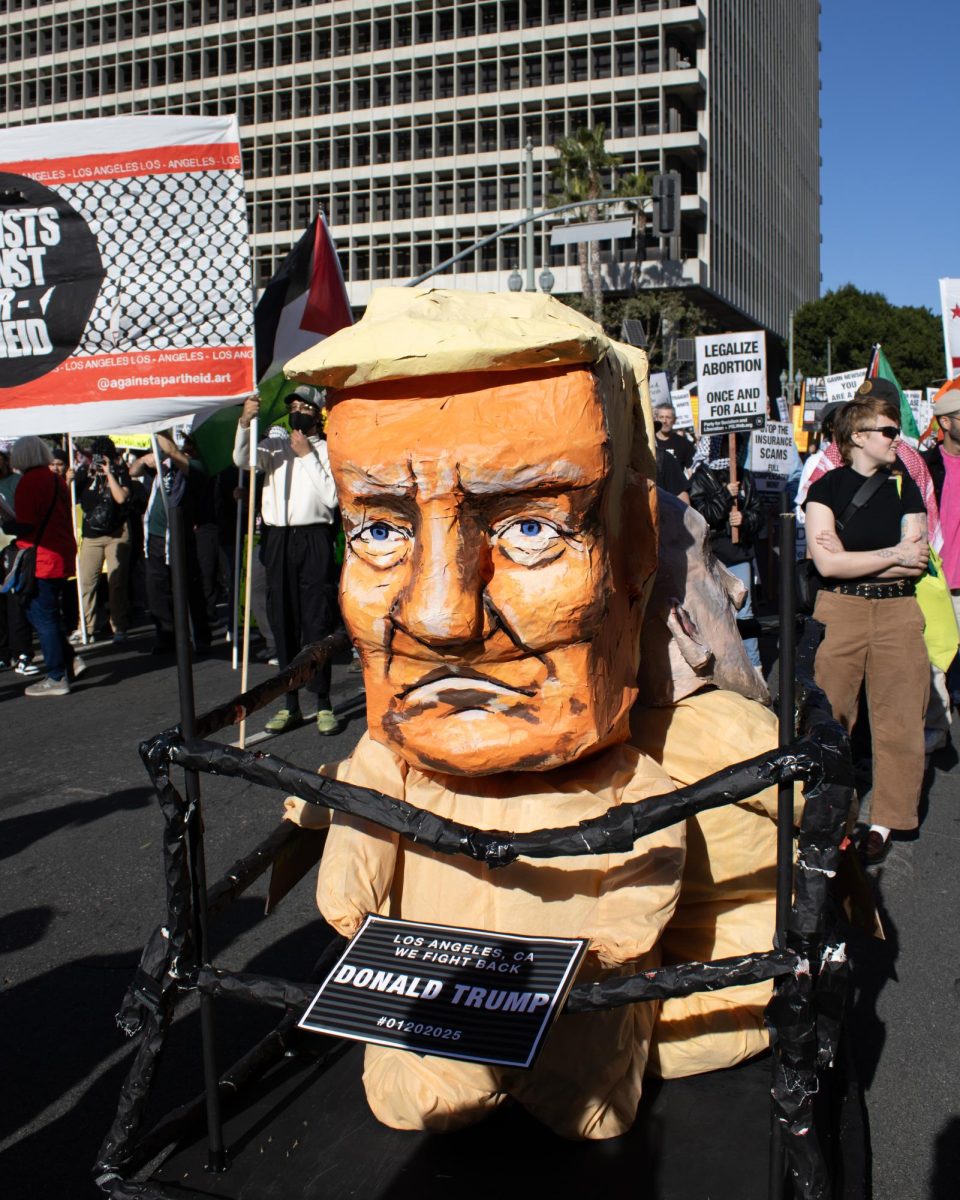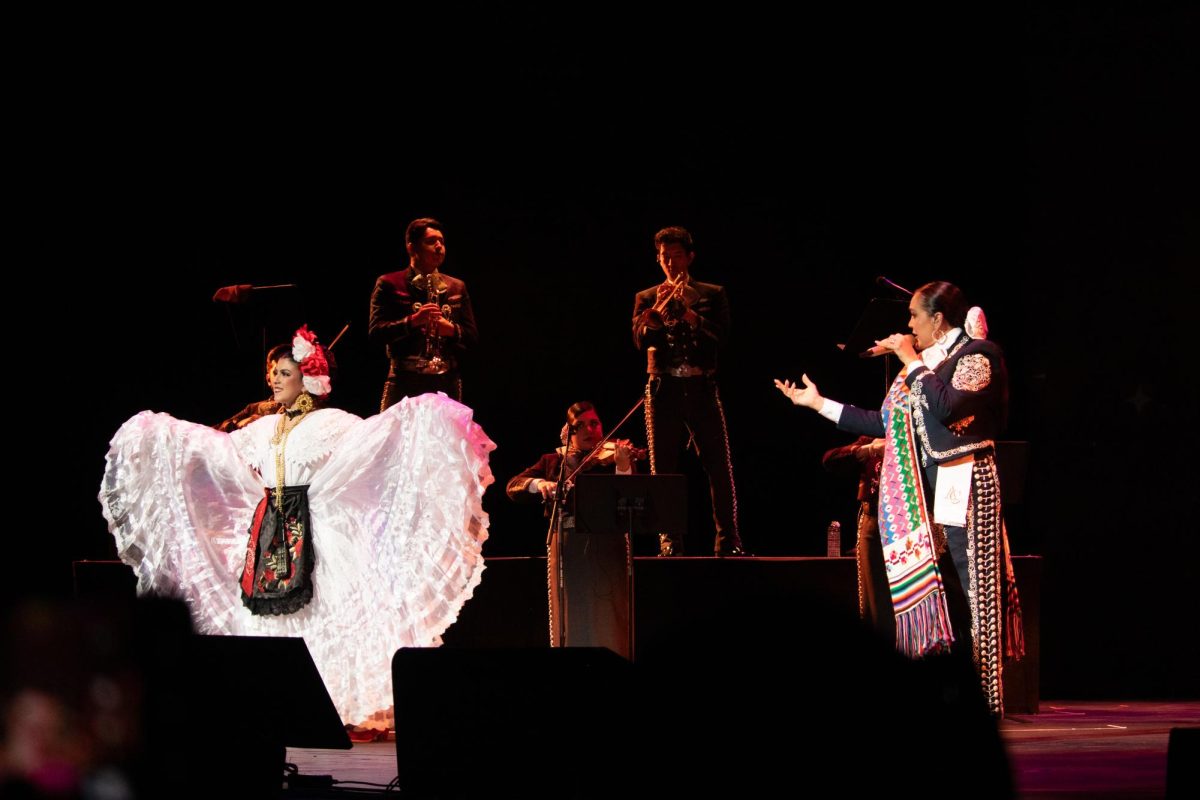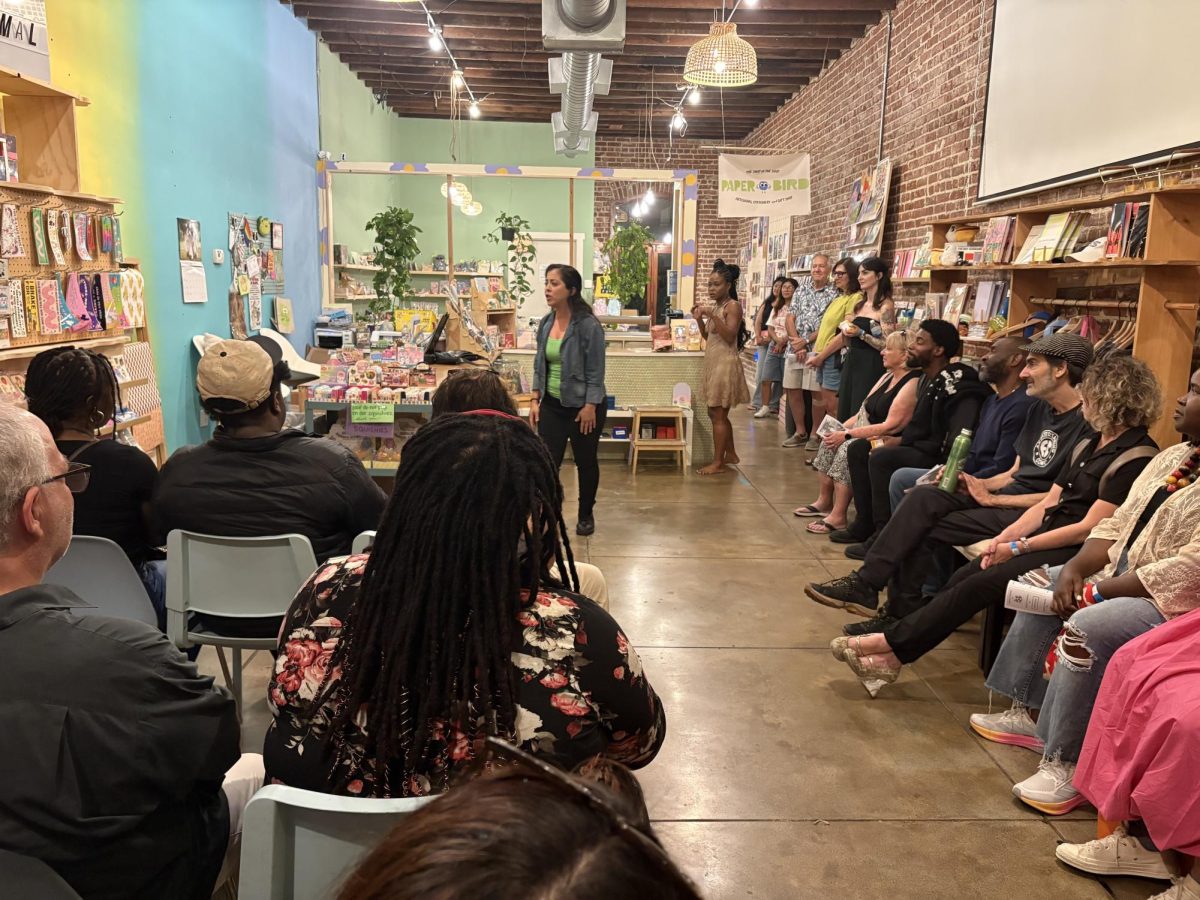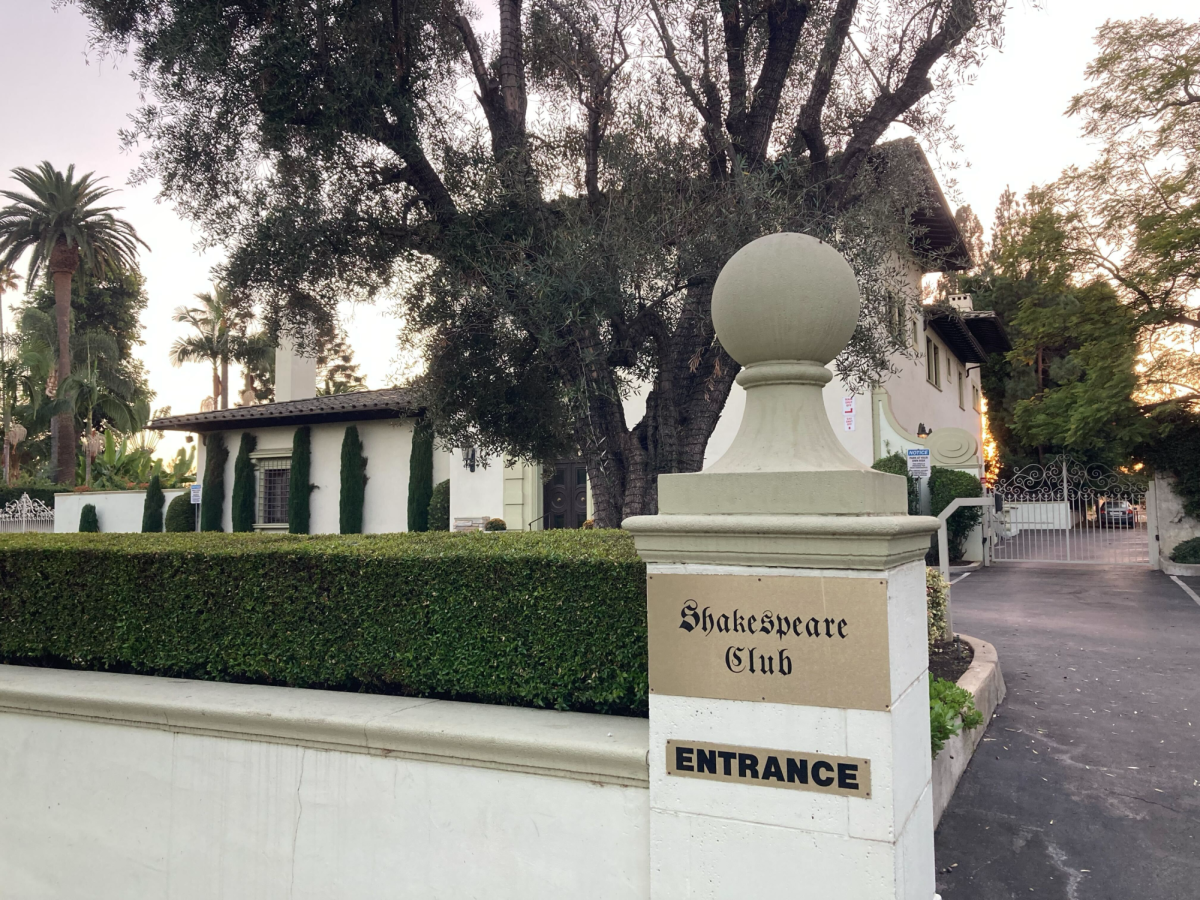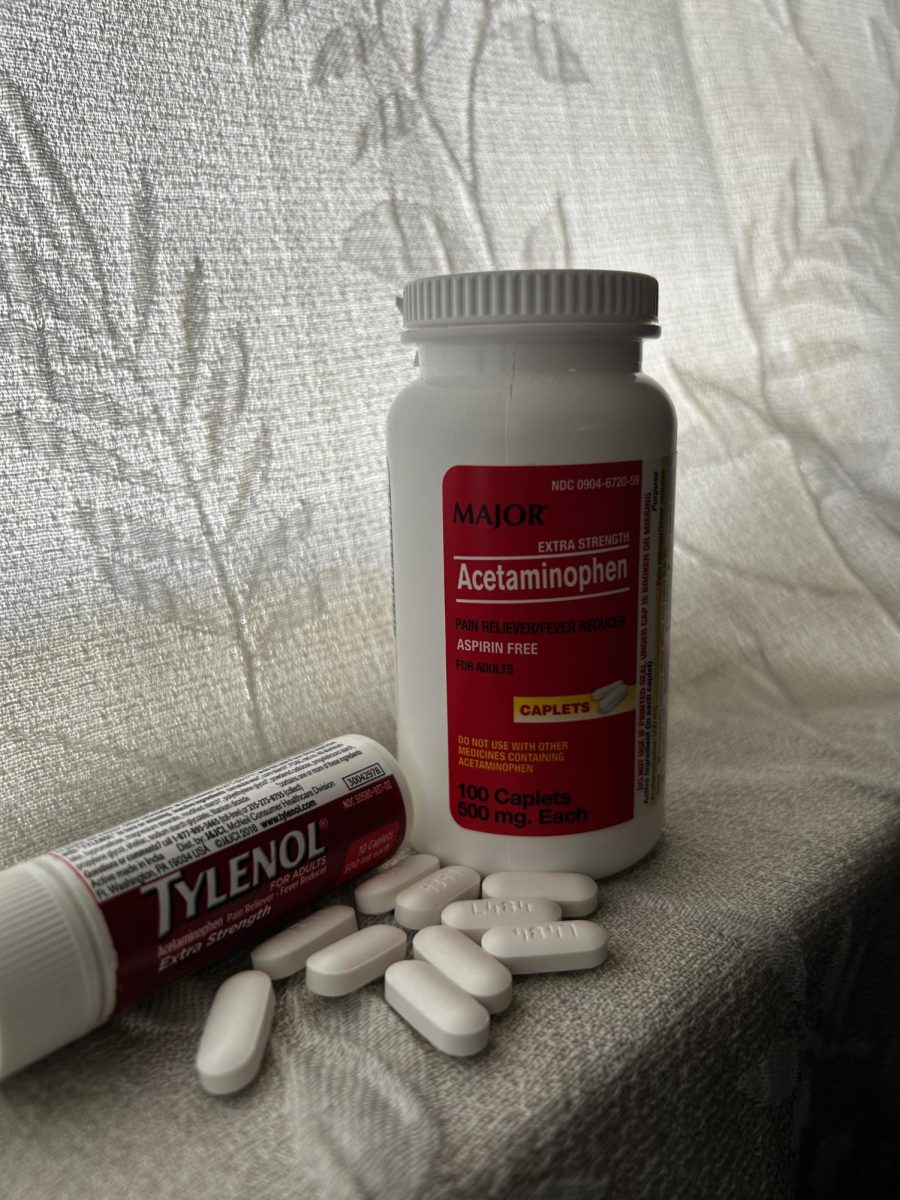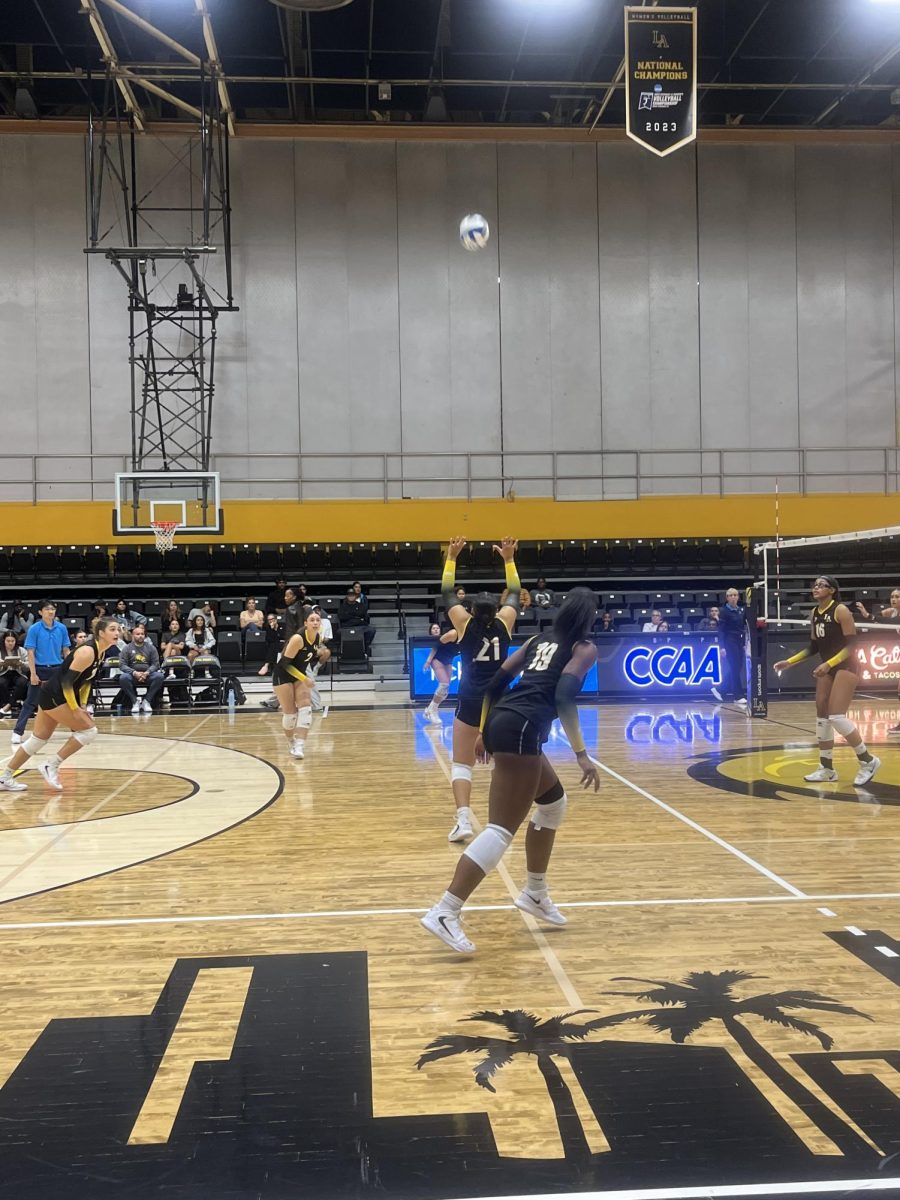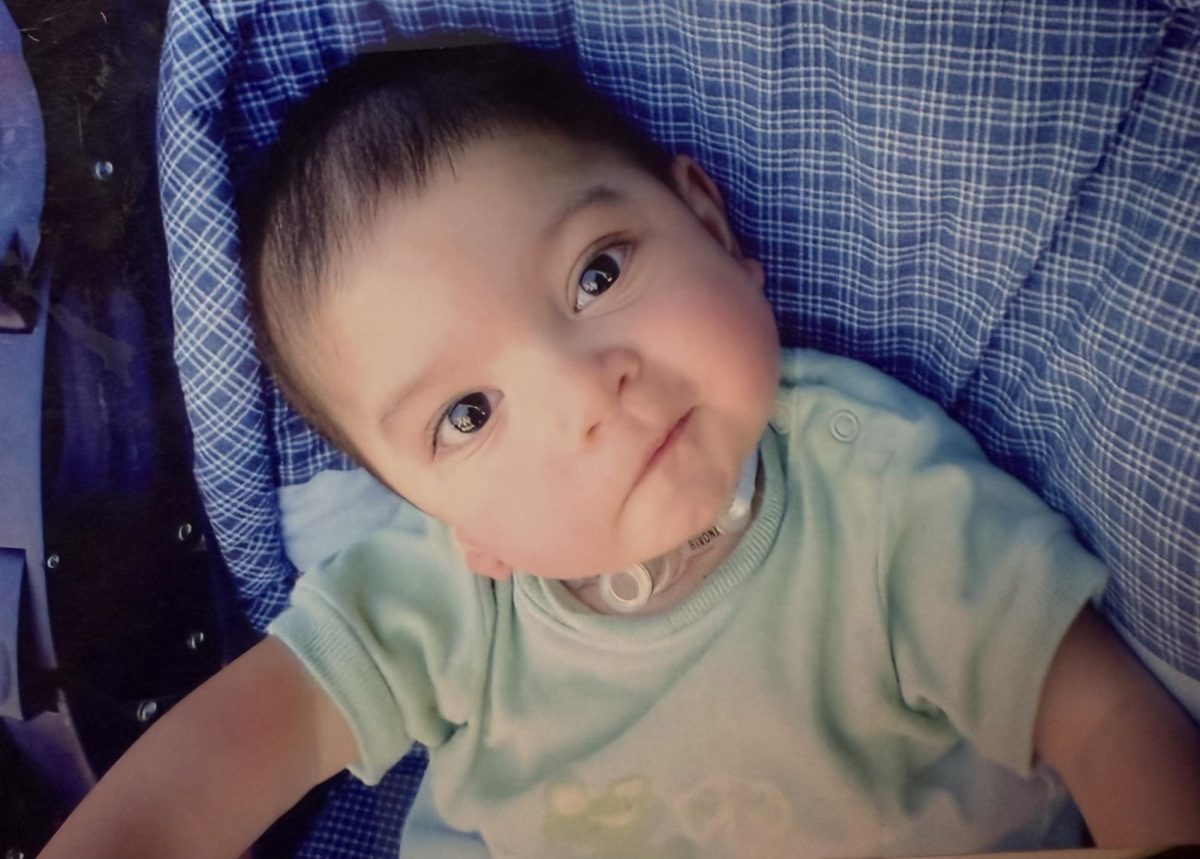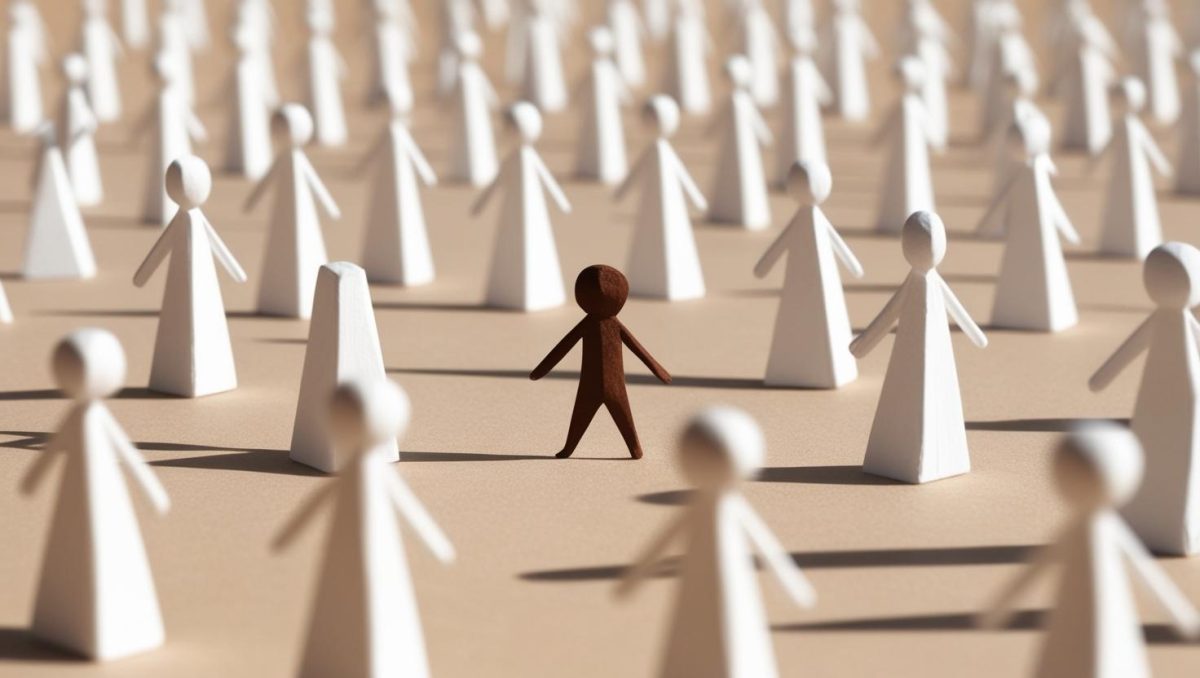As journalists, we are generally told to keep our opinions to ourselves, unless we engage in editorial or opinion writing. And yet, as Election Day approaches, I can’t help but think about what’s at stake and my thoughts surrounding it all.
Last spring, when I was editor-in-chief of the Santa Monica College newspaper, the Corsair. One assignment I took on was coverage of a women’s march in downtown LA. The protest was in response to a federal judge in Texas blocking the Food and Drug Administration’s approval of the abortion medication Mifepristone, and on the heels of the Supreme Court’s overturning of Roe v. Wade. I was conflicted, wanting to cover the event without bias as a journalist while feeling the fear as a woman who understood the ramifications of Roe being overturned.
Then, and even now, I feared for myself and millions of women all over the country who can and have lost access to what should be a basic human right, especially in extenuating circumstances. I’m very grateful to be living in a state like California, where the loss of healthcare access seems a little less worrisome — but it’s not lost on me that millions of women in other states can’t say the same.
Presidential elections are less than two weeks away, on Nov. 5. As a second-generation immigrant from a Latino background, I’ve come to recognize how privileged I am to have the right to vote. Women have only had the right to vote for 104 years, I recognize how privileged I am to be able to use my voice and vote. the way women have been fighting for since the 1800’s. On Nov. 5, we have a chance to use our voices.
It is also important to do research on candidates, and not just the presidential ones. With every election, we also have the power to vote for members of the House of Representatives and the Senate. Some things the Senate is responsible for — amending bills, keeping track of the federal budget and confirming Supreme Court Justices. Some responsibilities of the House include impeaching federal officials, initiating revenue bills and being the tie-breaking vote in case of an Electoral College tie for president. This affects us all in multiple ways.
California has propositions on this ballot that have been hot topics in the state for a while. Proposition 2 proposes providing over $8 billion to K-12 schools and over $1 billion to community colleges to help out with renovations, and building more classrooms and facilities. Proposition 6 would prohibit the state from punishing inmates with involuntary work, and instead offer voluntary work that gives inmates credits that can knock off time from their sentence. Proposition 32 would raise the minimum wage to $18 an hour starting next year, and $17 for the remainder of this year. If approved, California would become the state with the highest minimum wage, according to CalMatters.
This election is so much more than voting for a president. It’s voting for ballot measures on raising wages, affirming same-sex marriage, and criminal justice reform. It’s voting for judges, country officials, and representatives. And that’s just in our state alone.
This November, if you can vote, use your voice, go out and cast yours.
This article was first published in the October 23 print edition of the University Times.

